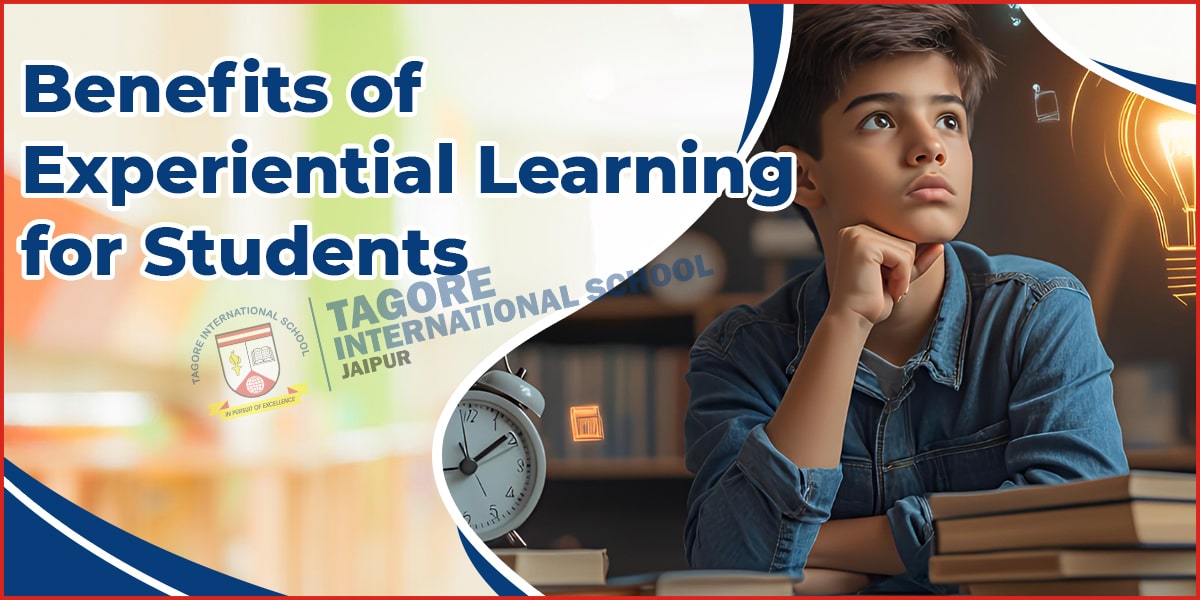Starting school is important in a child’s life, and nursery is where this beautiful journey begins. It is crucial to know about the syllabus for the nursery class to make learning fun and enjoyable. In this stage, the focus is on nurturing a child’s curiosity, creativity and social skills. This guide will explore a deep understanding of the CBSE Nursery Syllabus 2025-26.
Mathematics
- Focuses on learning counting
- Learning about the shapes and basic mathematical concepts.
- Learning the concept of ascending and descending order.
Curriculum Highlights
- Identifying Numbers- Identifying numbers from 1-20.
- Sequencing- Learn about the concept of before and after.
- Shapes- Learning about different shapes like circle, triangle, square, and rectangle.
- Pre-number concepts- Understanding big/small, tall/short, more/less, empty/full.
- Counting- Gain an understanding of counting from 1 to 20.
Rhymes, Music, and Storytelling
- Develop basic skills like speaking and listening.
- Discover new rhymes with a rhythm that is pleasing to hear.
- Enhance imagination and comprehension.
- Developing a habit of reading books and listening to short stories.
Curriculum Highlights
- Rhymes- Learn beautiful rhymes in Hindi and English that will develop speaking skills.
- Storytelling- Engage children in listening to short stories.
- Songs- Singing songs that are easy to understand to develop an interest in music.
- Drama- Participate in activities like drama to develop acting skills.
English Language Development
- Introduce the alphabet and phonics sounds.
- Develop vocabulary and communication skills.
- Engaging in group discussions to make learning more fun.
Curriculum Highlights
- Alphabet Recognition- Practicing alphabet in capital letters (A-Z) as well as small letters (a-z).
- Vocabulary Building- Recognizing certain objectives and naming them, for example, B for Ball.
- Pre-Writing Skills- Learning about the sleeping line, the standing line, curves, and zigzags that help prepare letter formation.
- Phonics- Associating letters with their corresponding sounds.
- Writing Practice- It is important to develop writing skills by practising small letters and capital letters.
You can read also:- Explore Jaipur's Best Private School
Environmental Studies (EVS)
Objectives
- Encourage curiosity and observational skills
- Foster awareness about the immediate environment
Curriculum Highlights
- Myself- Understanding body parts and learning about how to introduce myself.
- Colors and Seasons- Learning about different types of colors and seasons.
- Fruits and Vegetables- Identifying various fruits and vegetables.
- Animals and Birds- Understanding different types of animals and birds.
- Transport- Identifying various modes of transport.
- Festivals and Celebrations- Understanding various cultural festivals.
Creative Arts and Crafts
Objectives
- The main objective is to develop creative skills.
- Encourage self-expression through art.
- By engaging in craft activities, children will build and develop creative skills.
Curriculum Highlights
- Drawing and Coloring- Using crayons for coloring different shapes.
- Craft Activities- Engaging craft activities like paper tearing, clay modelling, and collage making.
- Pattern Making- Creating various patterns by using different things.
- Social and Emotional Development
Objectives
- Developing good manners and social skills.
- Learning and developing creative skills.
Curriculum Highlights
- Sharing and Cooperation- Participating in various group activities and learn leadership qualities through sharing and cooperation.
- Greeting and Politeness- Using soft words like “thank you”, “please”, and sorry.
You can read also:- Why making mistakes make you learn better
Physical Development and Motor Skills
Curriculum Highlights
- Physical Exercises- Simple exercises to keep the body fit and active.
- Outdoor Activities- Various activities such as running, jumping, and climbing.
- Indoor Activities- These activities include playing with blocks, solving puzzles.
- Dance- Participate in dance to enjoy and have fun.
Monthly Theme and Activities
For a smooth flow of studies, the syllabus is divided into monthly themes.
- April- Begins with preparing students to give an introduction about themselves, their family, and also learn about basic hygiene.
- May- Learn about different colors, shapes, and seasons.
- July- Exploring various things like monsoon, and various types of fruits and vegetables.
- August- It is a time to learn about national symbols and various festivals that are celebrated in India.
- September- Understanding various kinds of birds and animals.
- October- Gain knowledge of various modes of transport.
- November- Exploring the concept of sharing and caring.
- December- It is a time for celebrating winter festivals and traditions.
- January- Gain some knowledge about the environment and seasons.
- February- It is high time for revision and remembering the concepts that are taught in class.
- March- Assessment and preparation for the next academic session.
Learning Resource Supporting the Syllabus of the Nursery Class
Suggested Materials
- Coloring Book and drawing materials.
- Educational toys and puzzles.
- Picture books and flash cards.
- Audio-visual aids for rhymes and stories.
Parent Involvement
- Develop a habit of reading at home.
- Participating in various cultural programs like singing and dancing.
- Engaging in simple educational games.
Conclusion
The syllabus of the nursery class is a journey that begins with fun and learning new things. It blends basic academic skills like reading, writing, and counting with essential life skills like creativity and social interaction. It not only focuses on textbook learning but also on developing the overall personality of a child. By following a flexible approach to the CBSE syllabus, schools can nurture confident, curious, and happy children who are well-prepared for their future.




